Remote guarding is an essential security service for businesses, particularly those with sensitive data or high-value assets. By using remote technology and digital video surveillance, companies can monitor their locations from anywhere in the world. This allows them to quickly detect and respond to any suspicious activity or potential threats. Remote guarding can significantly reduce the risk of theft or vandalism and provide greater overall security for the business. Furthermore, it can help enterprises to save money by eliminating the need to have onsite guards or staff present at all times. Remote guarding systems are a cost-effective and efficient way of protecting your business from harm.
With remote guarding, businesses benefit from real-time monitoring that can detect any anomalies in the environment. This may include unauthorized individuals entering the premises, suspicious activity around secured assets, or attempts to tamper with surveillance equipment. These events can be identified by trained security staff, and appropriate action can be taken quickly. Remote guarding also allows businesses to keep track of who is coming and going from their location, ensuring that only authorized personnel are permitted access.
Businesses can also take advantage of advanced analytics with remote guarding, which can provide valuable insights into patterns and trends in the environment. This data can help enterprises to better understand their security needs and make informed decisions regarding their security strategy. Additionally, remote guarding is capable of integrating with other security systems, such as access control or intruder detection systems, for further protection.
Overall, remote guarding is an effective and affordable solution to protecting your business from potential threats. By leveraging the latest technology, companies can monitor their locations in real-time and take advantage of advanced analytics for a comprehensive view of their security needs. Remote guarding provides peace of mind knowing that your business is protected 24/7.
Remote Guarding Operations
Remote guarding operations involve the use of advanced surveillance technologies to continuously monitor given premises. Using remote video cameras and monitoring systems, security personnel are able to detect any irregularities or suspicious activity onsite.
Remote monitoring and response
Remote monitoring and response are critical components of remote guarding operations. With the use of advanced cameras, trained security personnel can continuously monitor the premises remotely. Any irregularities or suspicious activity detected will quickly be identified, and appropriate action will be taken as soon as possible. Additionally, remote monitoring also allows businesses to track who is coming and going from their locations, ensuring that only authorized personnel are allowed access for added security. Remote monitoring and response provide peace of mind knowing that your business is protected 24/7.
Alarm verification
Alarm verification is an important part of remote guarding operations, as it allows security personnel to verify the authenticity of any alarm signals that are triggered. With alarm verification, businesses can reduce false alarms and quickly respond to any genuine security threats. Alarm verification works by analyzing video footage from a range of sources, including CCTV cameras, facial recognition, and other sensors. If the alarm signal is verified to be genuine, appropriate action can then be taken quickly and effectively.
Advanced analytics
Remote guarding operations are capable of leveraging advanced analytics to provide businesses with valuable insights into their security environment. Advanced analytics involves collecting data from a range of sources, such as surveillance cameras and access control systems, to better understand patterns and trends. This data can be used to develop more effective security strategies and provide businesses with a comprehensive view of their security needs.
Live video monitoring
Live video monitoring is an advanced technology used for remote guarding operations. Through the use of CCTV cameras, digital video recorders, and other devices with live-streaming capabilities, security personnel can keep a close eye on the premises from anywhere in the world. Live video monitoring allows businesses to monitor their location in real-time and respond to any irregularities or suspicious activity quickly and effectively.
Mobile patrols
Mobile patrols are an important part of remote guarding operations as they allow security personnel to physically monitor the premises to ensure their safety and security. Mobile patrols involve a trained guard who travels around a given area, either on foot or by vehicle, to inspect the premises and look for any signs of suspicious activity or potential threats. During their patrols, guards can also interact with any personnel onsite to ensure they are following proper safety protocols.
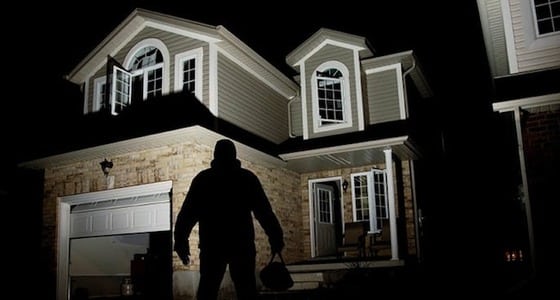
Incident reporting and analysis
Incident reporting and analysis is an essential component of remote guarding operations. Through this process, reports are generated in response to any suspicious activity that is detected onsite. This helps security personnel identify any potential threats and develop strategies to mitigate them. The reports can also provide valuable insights into the security environment, such as trends in criminal activity or patterns in security breaches, which can be used to further improve the overall security of the premises.
Challenges and Limitations of Remote Guarding
Developed a comprehensive understanding of the challenges and limitations associated with remote guarding operations, including false alarms, lack of physical presence onsite, and reliance on technology for advanced analytics and incident reporting.
Additionally, remote guarding operations are dependent on the availability of reliable technology and services for monitoring. If any aspect of remote monitoring fails or is compromised, then security personnel may not be able to effectively monitor the premises from a distance. In such cases, it may be necessary to deploy physical security guards to ensure proper safety and security at the location.
Privacy and legal concerns are important factors to consider when implementing remote guarding operations. As these operations involve the collection and analysis of data from a range of sources, businesses must ensure that they adhere to all privacy laws and regulations. Businesses must also be aware of any potential liabilities associated with the use of remote guarding technologies, as this could lead to costly fees or other penalties.
Despite these challenges and limitations, remote guarding operations can still provide businesses with cost-effective security solutions that can improve the overall safety and security of their premises. The use of advanced technologies, such as live video monitoring and mobile patrols, combined with incident reporting and analysis, gives businesses a comprehensive view of their security needs and allows them to develop more effective security strategies.

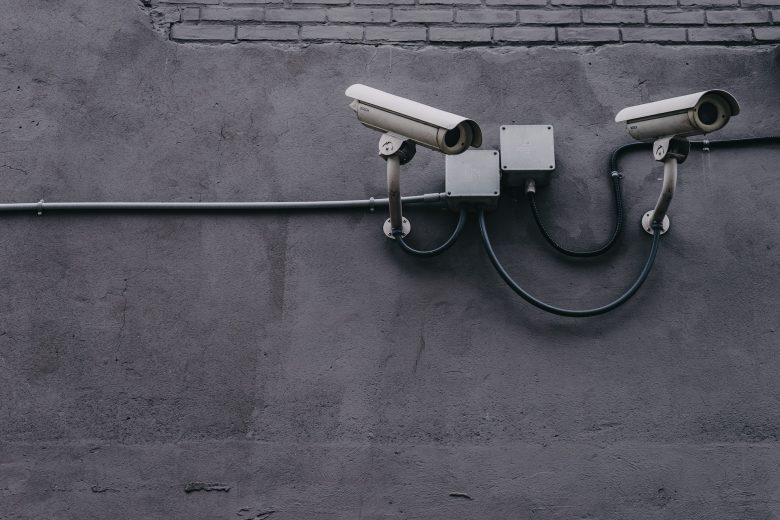

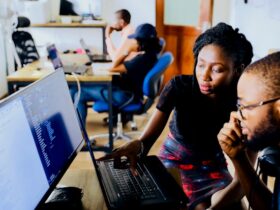

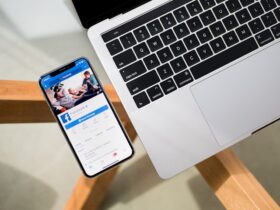
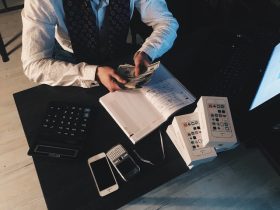
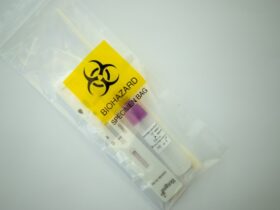




Leave a Reply